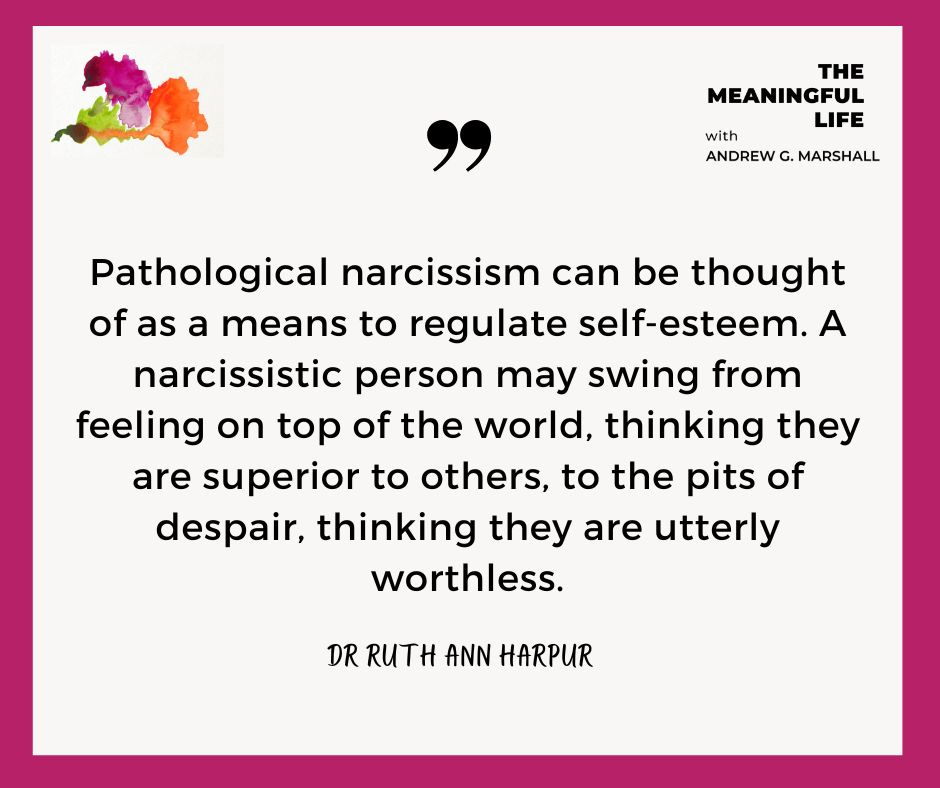
As a marital counsellor, I see plenty of couples seeking my help to rescue a flailing second marriage.
They’ve stumbled on these unfortunate truths:
A second partner is just as unlikely as the first to be “the one” (perfect for them in every way), and,
There is much wisdom in the old maxim, “wherever I go, there I am”.
So what work do we need to do to make second (and even third or fourth) marriages work?
Tell the story of your first marriage
In order to rebuild you’re going to need to have a proper explanation of what you just lived through, if you’re going to deal with the pain.
You might not think it, but those late nights crying over a bottle of wine with friends are crucial to the healing process. They will help you to build your personal story, which in turn allows you to process and move on.
If you soldier on alone without crafting any narrative about your experience, you’ll be saving up a lot of pain to deal with down the line (possibly when you marry again).
Think honestly about where things went wrong
Setting aside issues of domestic abuse and violence, most marriage breakdowns are the work of two people, not one. This one may seem obvious, but there are plenty of people out there who ascribe the catastrophic collapse of their first marriage entirely to their ex-spouse.
Taking a self-analytical look at the situation can be hugely powerful - it recasts you out of the role of victim, and into prime position as the hero of your own story. Recognising that there were things you could have done differently doesn’t mean you’re forgiving or excusing your partner’s poor behaviour, it means you’re prioritising your own growth.
Others, though, go to the opposite extreme and take all the responsibility for a divorce. Justine1, a 27-year-old TV researcher, only knew her marriage had ended when her husband went missing for two months and reappeared on the other side of the world. She spent the next two years agonising: “I truly never knew there was a problem, I can't stop asking myself, where did I go wrong?”
When Justine stopped blaming herself and looked deeper, she began to see a pattern. If her husband had had a problem with one of his friends, he would complain to her but she would witness him being all smiles to them. It was the same with his mother, whom he loved deeply, but always told what she wanted to hear. She realised he was highly adept at masking his true feelings. With a calmer, more balanced, state-of-mind, she was also aware of the times when she did have concerns - deep in her gut - but chose instead to believe his 'we're perfect together' story or rationalised her doubts away herself.
If you’re interested in going deeper on the impact of divorce, you’ll enjoy my conversation with therapist Dr Terry Gaspard, Daughters of Divorce: the Long-Term Impacts of Marital Breakdown.
Don’t run into a new relationship to stop the pain.
The giddy excitement of new love can boost self-confidence and blow away the blues, but lots of divorcees jump into a serious relationship too soon.
“It was just going to be a bit of fun,” says Tom, a thirty-one year old personal assistant, “and we did laugh, and I began to feel better and relaxed. That’s when she thought I was getting too serious too soon and took off. I came back to earth with a jolt and in fact felt worse than I did before.”
No wonder, Tom was dealing with two loads of grieving at once.
Don’t overlook the importance of time alone, as this is a chance to find your own individual identity before becoming half of a couple again. As a rule of thumb, we need one year to get through all the difficult dates alone-Christmas, birthday, anniversary- before beginning to heal. So surround yourself with friends on these difficult occasions.
Don’t look too far down the line
The temptation is to think every new date is your happy ending. Although this is natural, because it gives us hope that we’re not completely hopeless at marriage, it can be counterproductive.
“I always kept the conversation light,” says Joanna, 32, divorced for eighteen months, “but either the men drifted away or became so clinging that it was claustrophobic.”
Although Joanna was not aware she was giving off signals, only ten percent of communication is the words we use; forty percent from the tone and another fifty percent from out body language.
Remember there are three types of dates: getting to know you (first three to five); fun dates (enjoying each other’s company) and “moving to commitment” dates. You cannot get to the third type without moving through the first two.
And often a “just for fun” relationship can be very healing and positive in its own right.
Check you’re not stuck on repeat
Many second-time spouses claim to have married someone completely different from their first partner, but going for an exact opposite isn’t always the wise path people assume.
Instead, it can mean that the same issues are still played out - just from a different position.
“My first wife liked to take charge - to the point of forever telling me what to do and making me feel like a child,” says Paddy, a twenty nine year old musician, “so at first what I really liked about my second wife was that she was very mild and take it as you find it. Except, nothing seemed to get done, so I found myself making all the decisions and nagging her.”
Paddy still needed to learnt to negotiate and split responsibility evenly.
The type of person you are attracted to stretches back to your childhood, and how you first learnt about relationships: watching your mother and father. The issues they struggled with will most likely be the ones that you are trying to solve too.
Successfully managing a step-family is a whole separate topic - if you’re looking for more information about that, you could start by taking a look at Michelle Brown’s writing and podcast, The Pondering Stepmom.
Work out what belongs to the past and what to the present.

Particularly when tired or under stress, it is easy to read off an old script: “I felt myself freeze when John, my new husband, came into the kitchen and announced that he’d booked a weekend away with his mates” says Suzanne, 35 and a mother of two.
“I snapped, he got huffy and we had a terrible row. Later, when I’d calmed down, I told him how my first husband would regularly leave town at short notice, leaving me lonely and struggling to cope with the kids. But John is different; and he really just wanted to be part of his best friend’s birthday celebration.”
It’s also important that you don’t compare yourself to your partner’s ex, even in your head. Marriage is not a competitive sport. It’s likely that you and your partner’s ex are gifted in different areas, and are quite different people.
It helps to become aware of the sensations in your body - heart beating faster or becoming flushed in the face - to spot the warning signs of anger. Next, remember to ‘check it out’ before flying into a row from the past relationship. For example: ‘I’m sensing that you’re using this trip as an excuse - is that right or wrong?’
Finding new couple friends - rather than hanging with your individual old crowds-will also help stop comparisons with the past.
Allow yourself to be vulnerable.
After being hurt, it is natural to hold something back for fear of being devastated again. However this can also mean that you are not 100% committed to the new relationship.
“A month after the honeymoon, I was in a really strange mood - caged liked an animal,” says Dan, a 33-year-old fitness instructor. “My wife asked me what was the matter and I was about to push her away with: nothing. Instead a small voice said: ‘I’m frightened’. She came over and held me and I cried and cried. At that moment, I’d never felt closer to her.”
It is impossible to avoid pain; it’s part of what makes us human. The secret of surviving is looking at heartache in another way: no experience, if you have learnt something from it, is ever wasted.
If you’d like to build your communication toolkit and ensure your connection stays strong, I recommend my book The Happy Couple’s Handbook. This one is great for people determined to identify and avoid the mistakes they made in previous relationships.
Believe in yourself
If you’ve learnt the lessons from your first marriage, there is no reason why your second shouldn’t be a great success.
“When I walked into the registry office and there were many friends and family from my first, very grand wedding,” says Lucy, 31 and a graphic designer, “I knew what they were thinking: here we go again. But really this time it feels totally different.”
Although there is more pressure on second relationships, the majority do succeed.
The best advice of all is to listen with an open heart. Instead of putting all your energy into trying to convince your partner that they’re wrong, try understanding them. What splits couples is not their differences - but how they deal with them.
In other news, I have some wonderful new relationship-themed episodes of The Meaningful Life podcast. Listen to me interviewing tantra expert Jan Day on How to Make Your Lovemaking More Connected, or therapist Dr Ruth Ann Harpur on Narcissism: Helpful Diagnosis or a Trap?
And as always, if it feels like the right time to start marital therapy, send an email to Tricia (tricia@andrewgmarshall.com) or use this contact form for a virtual or in-person appointment with one of my team of therapists in London, or with me here in Berlin.
With love,
Andrew
Case-studies are based on amalgams of several cases, not individuals, and all names and identifying details have been changed.







